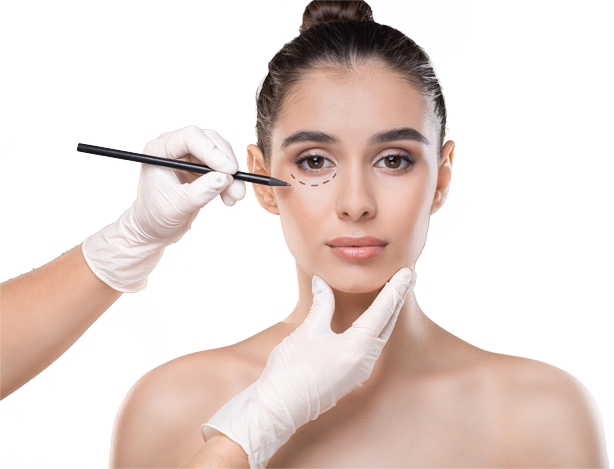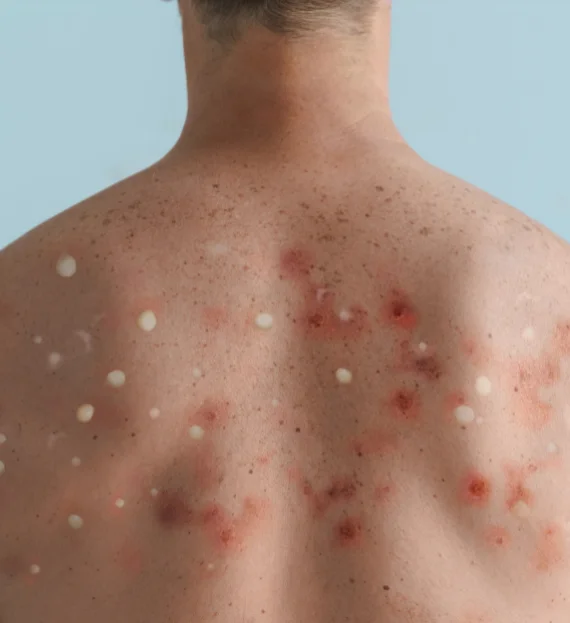Skin allergies
Commonly reported skin allergies:
Commonly reported skin allergies:
- Contact Dermatitis is one of the most common types of skin allergy that happens when the skin comes in contact with an allergen like soap/lotion/perfume spray/metals like nickel/cobalt etc.
- Eczema is a type of skin allergy that gets triggered by exposure to environmental allergens like pollens/dust mites etc.
- Utricaria is also commonly known as Hives characterized by the presence of raised, red blister-like appearance grouped together at a particular site caused due to insect bite or allergy to food/medication, etc.
- Angioedema is swelling of the deeper layers of the skin triggered by exposure to allergens like medication/food or insect bites.
- Photosensitivity is a type of skin reaction to overexposure to sunlight / UV radiation resulting in a rash/hives.
Multiple Treatment Options for skin allergies:
- Self-care lifestyle: It is one of the ways of avoiding contact with allergens by modifying the lifestyle
- Topical Steroid: The topical application of the steroid in the form of cream/ointment or lotion is helpful in reducing itching and inflammation.
- Oral Anti-Histamines: These medications relieve itching and control inflammation/swelling and are available as tablets as well as syrups for young ones.
- Immunotherapy: In severe cases, immunotherapy is considered where the body is exposed to an allergen at regular intervals where the doses of allergen exposure are increased to build-up the immunity.
Faq
Frequently Asked Questions
A. Some of the skin allergy-triggering factors are as follows –
- Contact with irritants / allergens like body lotion / soap / creams / cosmetics/ fabric/ clothes
- Pollen/dust mites/pollution/fomites
- Metals – cobalt/nickel
- Food preservatives/packaged food
- Sun/UV exposure
- Insect bites/medication
A. Skin allergy show-up following symptoms –
- Itching
- Redness
- Swelling
- Patchy skin appearance/rash
- Hives’/blisters
A. The dermatologists will interact with the patient and prescribe the following tests for diagnosis of skin allergies –
- Medical history
- Skin patch test/biopsy
- Blood tests to identify the allergens
A. Skin allergies are treated with multiple options including the self-care lifestyle.
- Medication options include Topical steroids, Topical calcineurin inhibitors, oral anti-histamine/anti-allergy.
- Selfcare lifestyle means modifying the living style to keep a check on allergen exposure.
- In some sever cases, immunotherapy is considered
A. No. Skin allergy conditions do not spread from one person to another person. It’s not contagious in nature.






